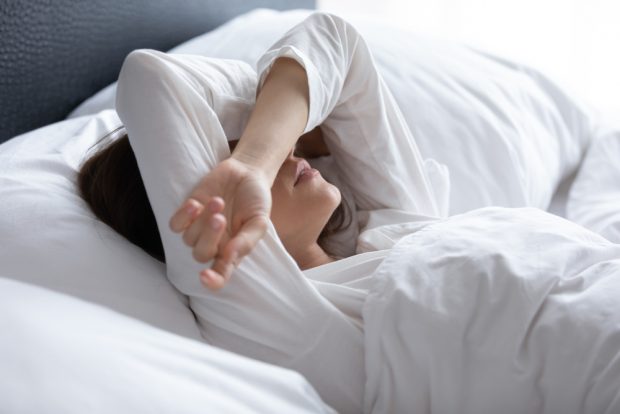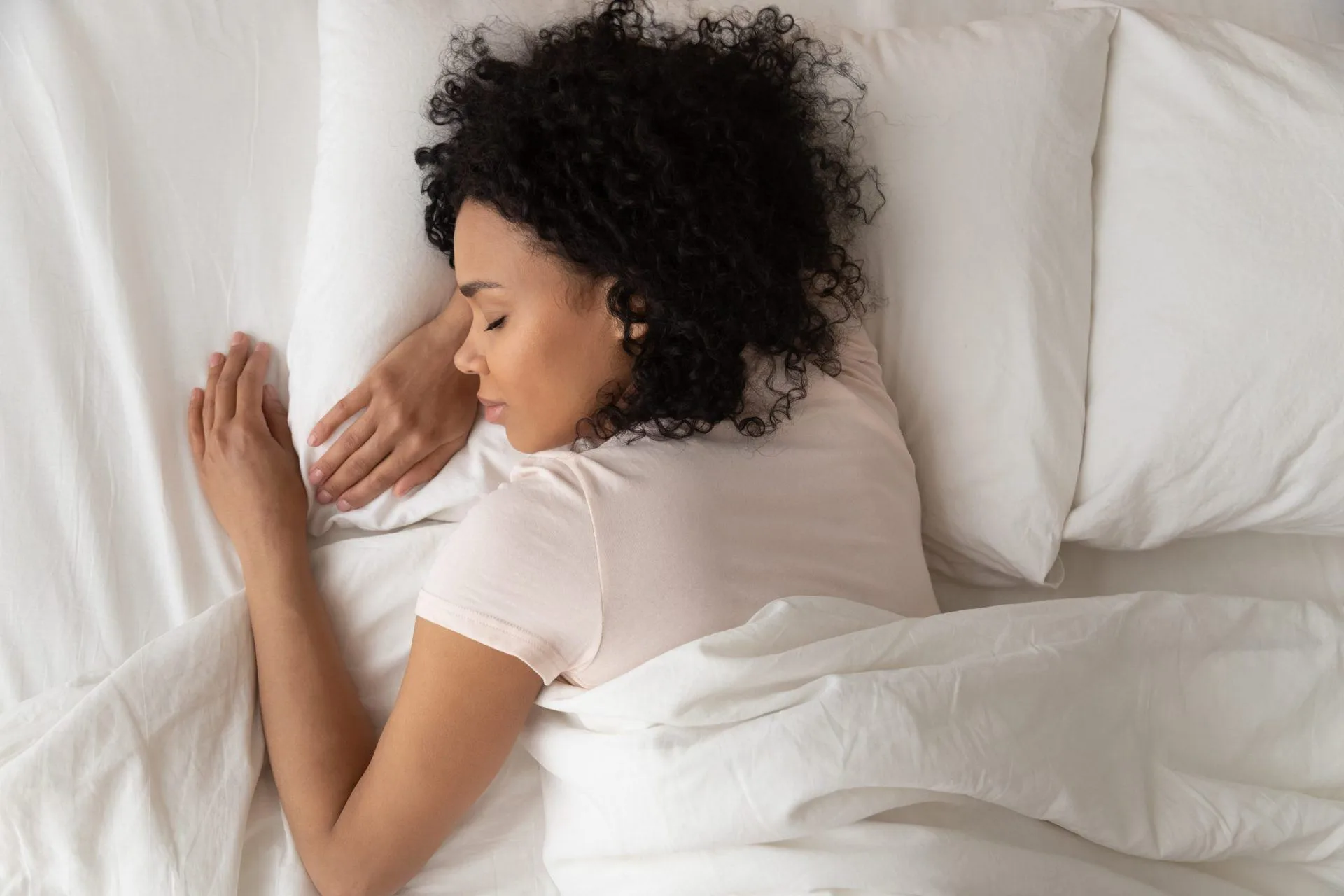People often do not realize that poor sleep and insomnia are surprisingly common. The chances are that when you are lying awake at 3 am with a growing feeling of anxiety caused by not being able to sleep; you are not the only one.
Given the frequency of sleep issues and, at its most severe, insomnia, it is no real surprise that there is such a massive market for sleep aid products. In fact, the better sleep industry has grown tremendously over the last few decades as stress and anxiety are thought to have become more prevalent.
One of the current hot topics within the industry is CBD and how it can be used to help you sleep better. So, why is there so much interest in CBD for sleep, and can it help? Longevity Live Paid Content.
What Do We Know About CBD and Sleep?
How CBD affects a person’s sleep quality has been a popular research area in recent years. There is growing evidence to suggest that when CBD is taken shortly before bed, it can have noticeable benefits, making it easier to get a better night’s sleep.
One study found that when participants were given CBD supplements for several days, they reported better sleep scores and less difficulty getting to sleep. These findings have been supported by other studies and reviews that have found similar results in participants who are given CBD regularly.

JETACOM AUTOFOCUS/Shutterstock
How Does CBD Impact Sleep?
There are thought to be two main ways that CBD can help you get better sleep. In general, sleep issues are caused by either an external factor preventing sleep or internal issues with one’s circadian rhythm.
When considering how effective CBD will be at helping you get a better night’s sleep, it is essential to consider the cause of poor sleep. While this might not always be possible, it will help determine which products are likely to be the more useful and how best to work them into your daily life.
Poor Sleep Caused by External Factors
External factors are the leading cause of sleep problems and can range from aches and pains that make it difficult to get comfortable to chronic stress that prevents the mind from being able to relax and switch off.
CBD is thought to be the most beneficial when external factors cause poor sleep. This is because CBD is an effective treatment for common issues such as pain and stress. Taking CBD shortly before heading to bed helps suppress the symptoms of health issues, making it much easier to sleep through the night.
When Choosing
CBD’s benefits for sleep are part of a chain reaction. CBD works within the body to limit the adverse effects of things such as pain and stress. Limiting these conditions’ impact on the body makes it much easier to get a good night’s sleep.
When choosing CBD products, it is worth looking beyond those marketed specifically at sleep. For example, if the root of the problem is chronic back pain that makes it difficult to get comfortable and sleep, it might also be worth considering CBD products designed to help with pain management.

fizkes/shutterstock
Poor Sleep Caused by One’s Circadian Rhythm
A person’s circadian rhythm is essentially an internal clock within the body that regulates when a person feels tired and when they feel awake and alert. Ideally, the circadian rhythm can successfully match how one feels with the general time of day and the surrounding environment.
However, there are many reasons why a person’s circadian rhythm might become confused and unable to trigger the correct feelings and the correct time. When this happens, it can result in what feels like random sleep issues that do not appear to have a definable cause.
What about Melatonin?
Melatonin is often recommended as a daily supplement for people suffering from sleep difficulties. It’s a hormone that regulates a person’s sleep cycle and ensures that hormone levels are kept consistent within the body, which helps to ensure a more consistent sleep pattern.
CBD products that contain additional ingredients like melatonin can be helpful when issues with one’s circadian rhythm are causing poor sleep. Many CBD gummies and CBD capsules that are marketed as sleep-focused products contain melatonin as an extra ingredient.
CBD Products Designed to Help You Sleep Better
Almost all CBD products available will have at least some impact on the quality of your sleep. However, if you are using CBD specifically to improve sleep, opting for products designed specifically to help with sleep is best.
The main difference between regular CBD products and those marketed to help you get a better night’s sleep is that they contain additional ingredients chosen to enhance the effects of CBD. For example, melatonin is a prevalent addition to CBD sleep products. Other common additions include herbs, like lavender, known for their calming properties.
Most popular brands have at least a few sleep-focused products within their range, like these hemp sleep gummies, which are designed specifically with sleep and nighttime use in mind. Gummies are an excellent option for improving your sleep, as they work perfectly as a tasty treat during the evening instead of other sugary snacks.
Who is the author?

Dylan Baker
Dylan Baker is from Tampa Bay, Florida, where he currently resides. After graduating from the University of South Florida with a B.S. in Biology, He spent several years teaching high school in the Pinellas County area.He scored in the 97th percentile on the Graduate Record Examination (GRE) for graduate school admissions but opted to transition his career path into digital content management rather than pursue doctoral research. Dylan now applies his interest in cannabis science, biology, and medicine to a variety of media platforms on WayOfLeaf.com, where he has been a contributing author since 2016.



![women [longevity live]](https://longevitylive.com/wp-content/uploads/2020/01/photo-of-women-walking-down-the-street-1116984-100x100.jpg)










